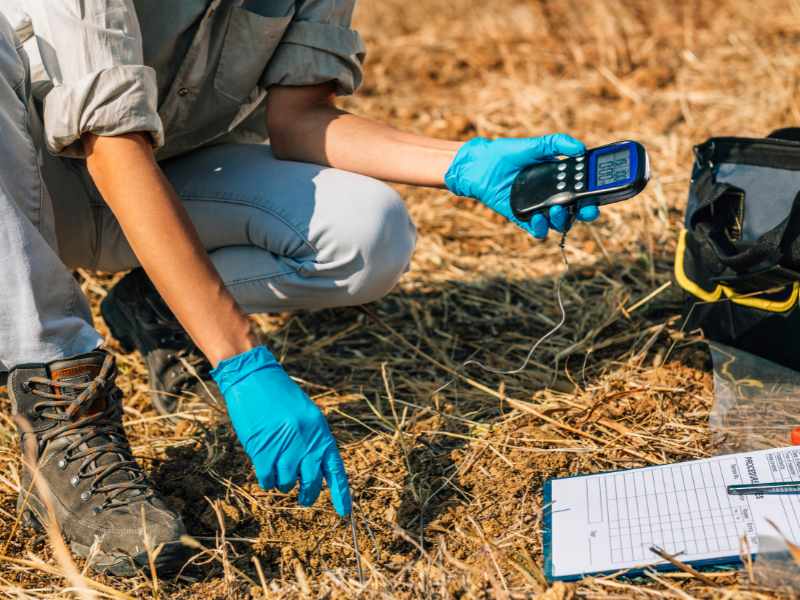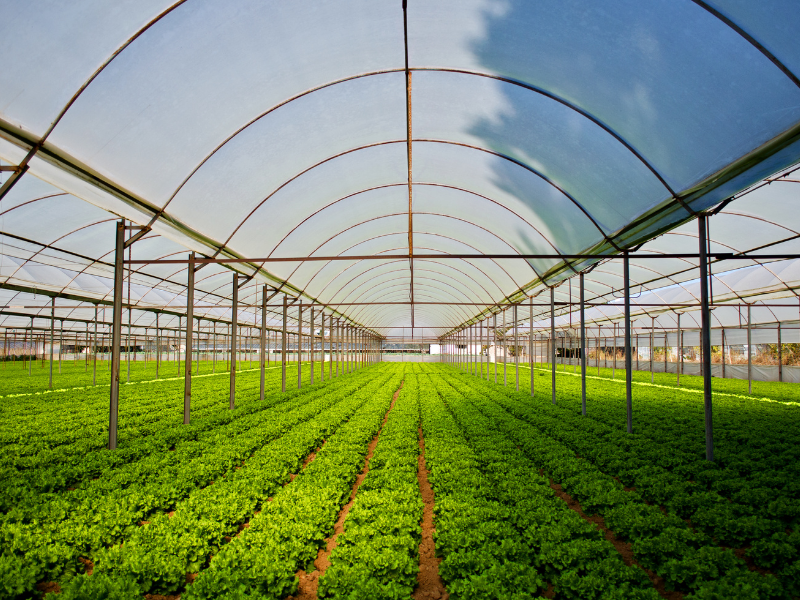Blogs
- HOME
- BLOGS

- ROOPA SHENOY
The impact of organic farming on soil health and biodiversity
Organic farming is a sustainable agricultural system that prioritizes the use of natural resources and methods to cultivate crops and raise livestock. One of the key advantages of organic farming is its positive impact on soil health and biodiversity. In this blog, we will explore how organic farming practices benefit the environment and promote soil health and biodiversity.
Soil Health
Soil is the foundation of agriculture and plays a crucial role in the growth and yield of crops. Organic farming practices help improve soil health by maintaining the natural fertility of the soil. Farmers use natural fertilizers such as compost, manure, and crop rotation to add nutrients to the soil, which helps promote the growth of healthy crops.
Organic farming also helps reduce soil erosion by encouraging the growth of cover crops and using conservation tillage techniques. Cover crops, such as legumes, help prevent soil erosion by holding the soil in place with their roots. Conservation tillage techniques help maintain soil structure and reduce soil disturbance, which helps preserve the soil’s organic matter and improve its health.
The farmer is the only man in our economy who buys everything at retail, sells everything at wholesale, and pays the freight both ways.
-John F.K
Biodiversity
Biodiversity refers to the variety of plant and animal species that exist within an ecosystem. Organic farming promotes biodiversity by creating a habitat that supports a diverse range of organisms. For example, organic farmers often plant hedgerows and wildflower strips that provide habitats for beneficial insects and wildlife. This helps to reduce the use of harmful pesticides and promotes the natural balance of the ecosystem.
Organic farming practices also promote crop diversity, which is essential for maintaining a healthy ecosystem. Crop diversity helps to reduce the risk of disease and pests, and it also helps to maintain soil health by reducing the depletion of nutrients. By growing a variety of crops, farmers can also maintain a diverse range of genetic resources, which is essential for food security and sustainability
In conclusion, organic farming practices have a positive impact on soil health and biodiversity. By using natural methods to cultivate crops and raise livestock, farmers can help preserve the environment and promote sustainable agriculture. Organic farming helps maintain the natural fertility of the soil, reduces soil erosion, and promotes the growth of healthy crops. It also creates habitats that support a diverse range of organisms and helps maintain a healthy ecosystem. Organic farming is not only good for the environment, but it is also essential for ensuring the sustainability of agriculture and food production.


Reduced Environmental Impact Finally, using organic fertilizers helps to reduce the environmental impact of gardening and farming. Synthetic fertilizers can contribute to water pollution and harm wildlife, while organic fertilizers are natural and non-toxic. Additionally, organic farming practices promote soil health, biodiversity, and sustainable food production, which is better for the planet in the long run.
In conclusion, using organic fertilizers is a wise choice for anyone who wants to promote healthy and sustainable food production in their garden. By improving soil fertility, promoting plant growth and health, and reducing the environmental impact of gardening, organic fertilizers offer numerous benefits for both the gardener and the planet. By making the switch to organic fertilizers, you can help to promote healthy, sustainable, and environmentally friendly food production practices.






